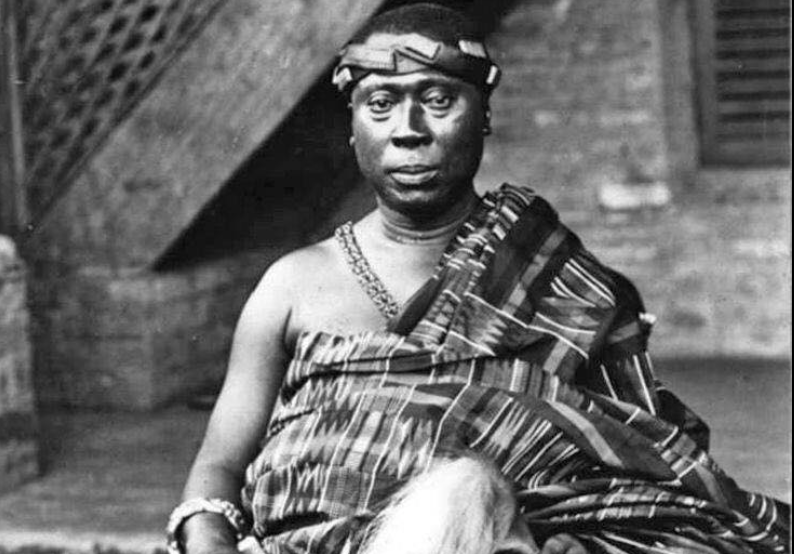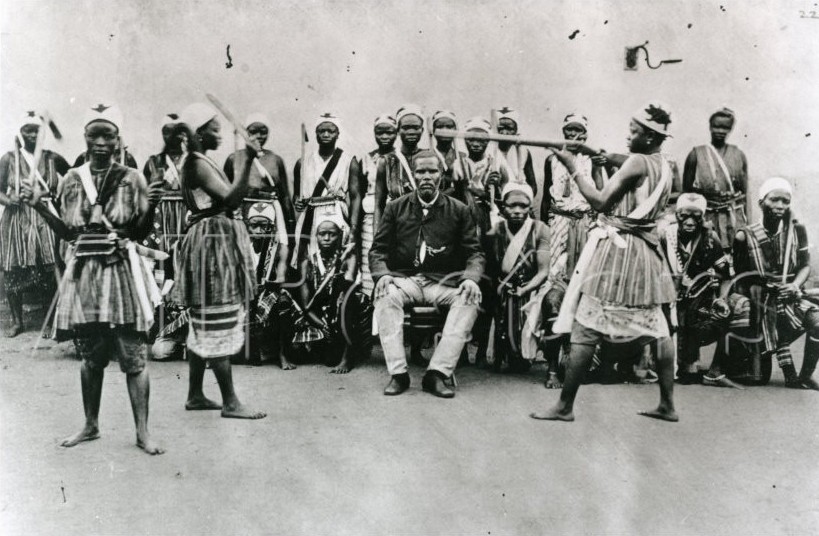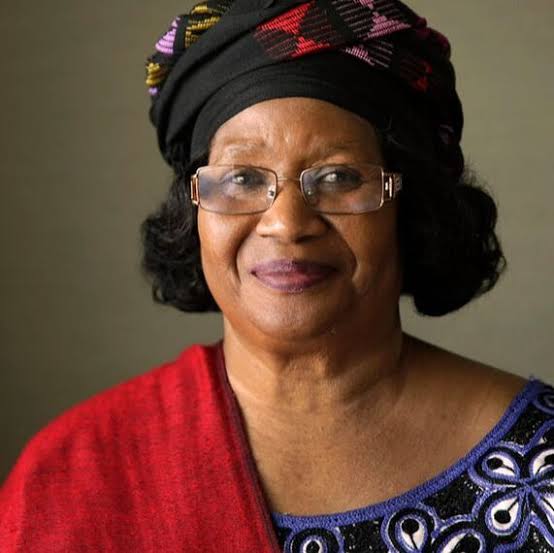Now Reading: Yaa Asantewaa – Ghana
-
01
Yaa Asantewaa – Ghana

Yaa Asantewaa – Ghana
Yaa Asantewaa (c. 1840–c. 1921) was a formidable Ashanti queen and military leader in what is now modern-day Ghana. Her bravery and leadership during a critical moment in Ashanti history have made her an iconic figure in the struggle against British colonialism.
Born in the Ashanti Confederacy around the mid-19th century, Yaa Asantewaa was a member of the Edweso royal clan. Little is known about her early life, but she grew up during a time of significant political and social upheaval. The Ashanti Confederacy, located in West Africa, was facing increasing threats from British colonial forces seeking to expand their influence in the region.
Yaa Asantewaa became a key figure in the Ashanti-British “War of the Golden Stool” in 1900. The conflict arose when the British Governor of the Gold Coast, Sir Frederick Hodgson, demanded the Ashanti king, Prempeh I, surrender the Golden Stool—a sacred symbol of Ashanti unity and authority.
As tensions escalated, Yaa Asantewaa emerged as a leader, rallying the Ashanti people to resist British imperialism. In March 1900, she delivered a powerful speech, urging men and women to stand united against the colonial forces. Her famous words include:
“If you men of Ashanti will not go forward, then we will. We the women will. I shall call upon my fellow women. We will fight the white men. We will fight till the last of us falls in the battlefields.”
Yaa Asantewaa’s call to arms galvanized the Ashanti resistance, and she led an army into battle. Although the Ashanti ultimately faced defeat, Yaa Asantewaa’s courage and leadership left an indelible mark on the history of anti-colonial resistance.
After the war, Yaa Asantewaa was captured and exiled by the British. She spent the last years of her life in exile, passing away around 1921. Her legacy, however, endured. Yaa Asantewaa became a symbol of resistance, female empowerment, and the fight against oppression in Ghana and beyond.
In recognition of her contributions, Yaa Asantewaa has been honoured posthumously. Her name is associated with schools, monuments, and events, and her memory remains a source of inspiration for those who celebrate the rich history of African resistance against colonial rule.





















